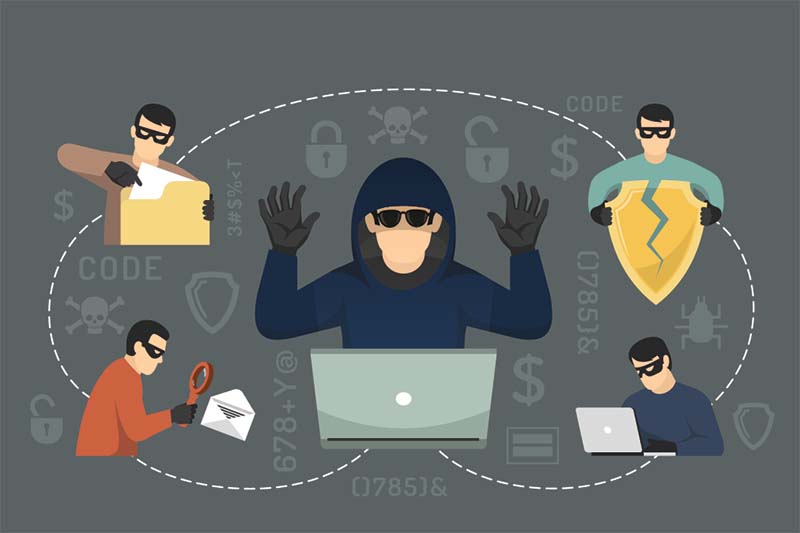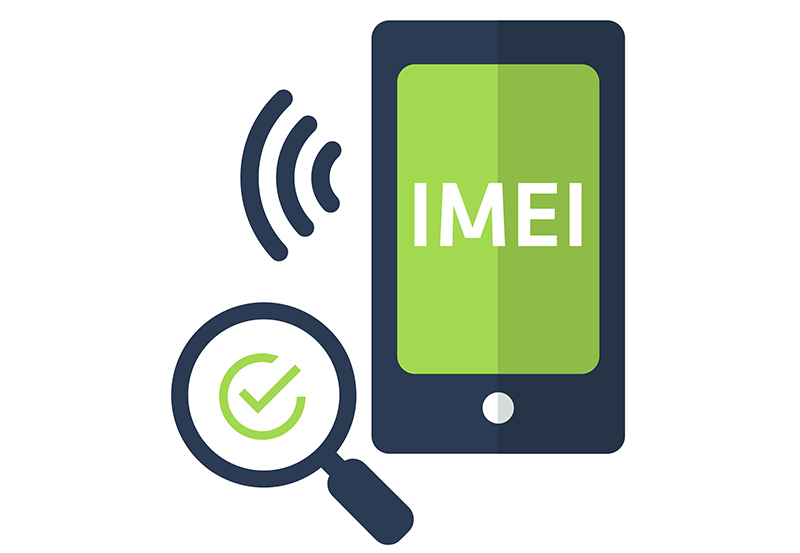In the age of current technological development, the Internet has become an indispensable part of everyone’s life. However, alongside the conveniences that the Internet brings, users also have to face potential risks, especially the risk of personal information leakage.
Habits of browsing the web that lead to personal information leakage
Below are some common web browsing habits that can lead to users’ personal information being leaked:
Sharing personal information on social media: This is one of the most common habits that can lead to users’ personal information being leaked. On social media, users often share a lot of their personal information, from their full name, address, phone number, to date of birth, marital status, hobbies, etc. This information can be exploited by malicious individuals to carry out fraudulent activities, steal assets, or even identity theft.

Not using strong passwords: Passwords are the first line of defense for users against cyberattacks. However, many users often use passwords that are too simple, easy to guess, or use the same password for multiple accounts. This makes it easy for malicious actors to crack passwords and gain access to users’ accounts.
Not updating security software: Security software plays an important role in protecting users’ devices and data from Internet threats. However, many users often do not update security software regularly, making their devices more vulnerable to attacks.
Not being careful when accessing unsafe websites: There are many unsafe websites on the Internet that may contain malware or spyware. When accessing these websites, users may have their personal information stolen or spyware installed to monitor their activities.
Using unsecured public Wi-Fi networks: Public Wi-Fi networks are often unsecured, making it easy for users to have their personal information stolen by hackers when accessing the Internet.
Read more: Snaptik.app – Download TikTok Videos Without Blurry in Just a Beat
Ways to protect personal information while browsing the web
To protect personal information while browsing the web, users should pay attention to the following:
- Do not share personal information on social media: Only share personal information with people you trust.
Use strong passwords: Passwords should be at least 8 characters long, including letters, numbers, and special characters. - Do not use the same password for multiple accounts: Each account should use a separate password.
- Update security software regularly: Update security software as recommended by the manufacturer.
- Be careful when accessing unsafe websites: Only access trustworthy websites.
- Do not use unsecured public Wi-Fi networks: If you need to use public Wi-Fi networks, use VPN applications to protect personal information.
In addition, users should also raise awareness of protecting their personal information. Do not disclose personal information to strangers, do not respond to suspicious emails or messages requesting personal information, and regularly check activities on their accounts to detect any unusual signs.



Pingback: Hướng dẫn cách lấy lại mật khẩu facebook nhanh nhất